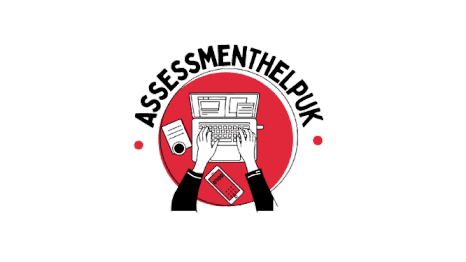Imagine this: You just bought a new piece of equipment for your university lab or workplace project. It’s innovative, promising to make your life easier than ever. But the moment you open the user guide, you are welcomed with endless information, unclear instructions, and diagrams that fly past your head, which makes no sense. Right then, that excitement of a new product turns into frustration, and that frustration is proof of why technical writing proves to be on point, transmitting confusion to clarity.
What Exactly Is Technical Writing?
Technical writing is more than writing user manuals. It’s the complete art of breaking down tough, technical concepts into language which specifies an audience that can understand, act, and trust. Whether it’s about user manuals, documentation, training materials, or even research reports, technical writing bridges that gap and ensures that information passes seamlessly from the expert’s mind to the reader’s understanding.
In simple words, it’s not about putting words together; it’s about making knowledge much easier and accessible. Without it, even the best innovations or academic work can be misunderstood or even ignored at times.
The Role Technical Writing Plays in Today’s World
Lucky to be living in a time where knowledge proceeds much faster than ever. Products are now evolving, software updates are out almost every week, and industries are built on innovation. But as the saying goes, “with great power comes great responsibility,” with technical writing updates, every innovation brings in its own complexities that one needs to look at.
Here’s where technical writing becomes indispensable:
- For Businesses
Ensuring that customers, employees, and stakeholders are educated enough to know how to use products and services as per the instructions. It not only builds up trust but also reduces the risk of misunderstandings.
- For Professionals
It allows specialists to collaborate effectively by giving them a shared and clear frame of reference.
- For End Users
It saves time, reduces stress, and makes adopting new systems or tools a smoother process.
Why Technical Writing Is More Than Just “Writing”
There’s this misconception in every other individual’s mind that technical writing is about instructions on paper. But on the ground bases, it’s a craft on its own. A skilled technical writer is part of journalism, part educator, and part strategist. They study the subject thoroughly, see what truly matters, and then deliver the message in the best way for readers to process it.
Think about it like this: Technical writing is not about jotting things down; it’s more about telling people more about the level of understanding they need, without feeling exhausted. If done well, it empowers rather than conveys a message.
The Human Side of Technical Writing
While the technical writing may sound filled with statistics and facts, at its bottom it’s completely human. A technical writer should imagine the reader’s journey:
- What questions might they ask at this stage?
- What frustrations could they face?
- How can writing remove barriers and build confidence?
Why It Matters for Students and Professionals Alike
For students in technical domains such as engineering, computer science, or business, understanding technical writing is an important skill. Being able to communicate ideas clearly is the difference between a project that could either get accepted or get overlooked. For professionals, it all comes down to credibility. A clear, precise, and certain writing style not only reflects knowledge but also shows professionalism.
At Assessment Help UK, we have seen how massively good technical writing can make a difference, well not just in grade, but in how ideas are received and respected.
Final Thoughts
Technical writing is not a skill; it’s a lifeblood. It makes sure that knowledge is not imprisoned behind hassle, that inventions are really usable, and that communication feels more like a bridge than a wall. So the next time you find a user guide that made things simpler, or a manual that left you saying “Wow, that was actually easy to follow”, give thanks to the technical writer behind it, because they have done more than just write. They have created an understanding. And in a world overflowing with information, that understanding is priceless.
FAQs
What are the key points of technical writing?
Know Your Audience and Understand Their Requirements.
Choose the Style and Structure.
Keep Simple and Concise Language.
Add Visual Cues.
Cite Relevant Examples.
Be Clear About the Purpose of the Content.
Get SMEs to Review Your Content.
Revise and Update Your Content Over Time.
What is the golden rule of technical writing?
Before you start writing, identify your target audience.
What are the three stages of technical writing?
The Technical Writing Process: Prewriting, Writing & Rewriting.
What is the first step in technical writing?
Prewriting. This stage is for generating ideas, understanding the ideas of others, and collecting information.
What is the primary purpose of technical writing?
The primary purpose of technical writing is to convey complex information in a simple manner.



